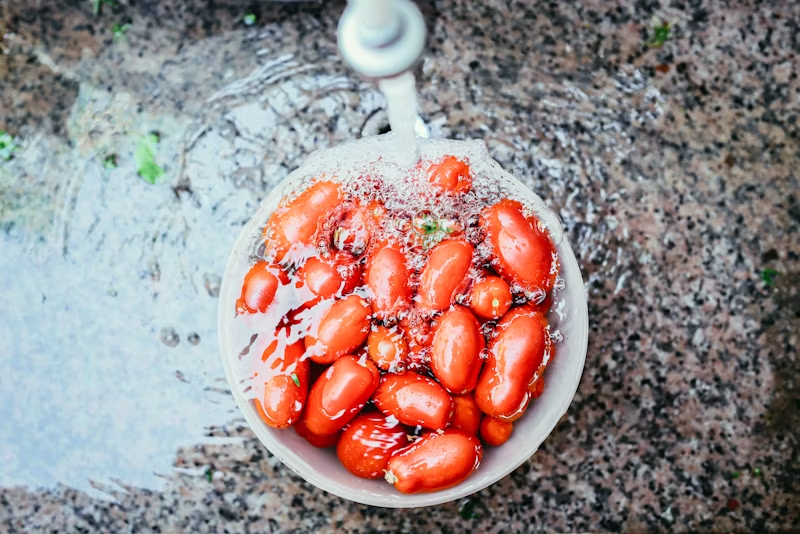Leafy Greens: The Unexpected Culprit
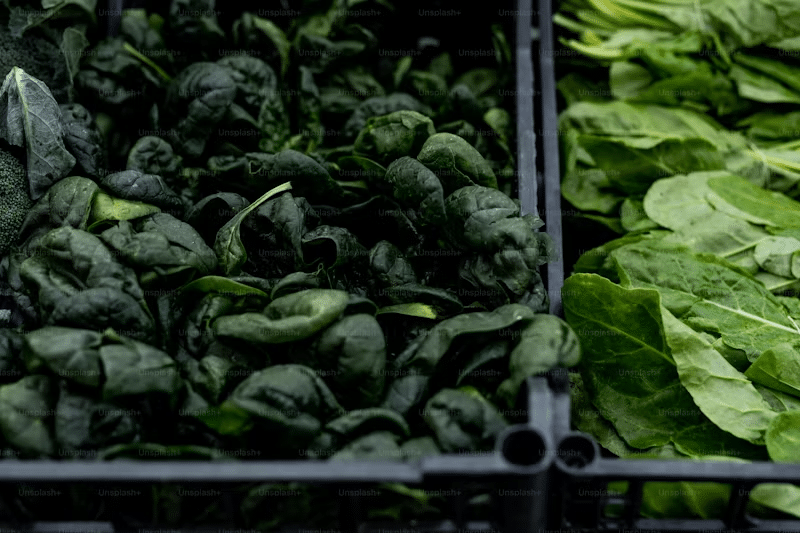
More shockingly, the Consumption of leafy greens, referred to as ‘superfoods’ as they contain plenty of nutrients, emerged as the most dangerous food in America from 2017 to 2022. From Consumer Reports it is evident that greens including lettuce, spinach, and kale caused 614 cases of illnesses, and 50 recall occurrences. The primary contaminants include E. coli and Listeria, which often originate from:
Irrigation water from rivers that contain beef products due to the nearness of cattle feedlots.
During processing methods if not well controlled, they cause severe break outs.
Cleaning of green leafy vegetables: The big challenge
As much as washing greens is critical they do not necessarily remove all the dangerous bacteria. Pathogens can enter crops through contaminated irrigation water and alsothrough contamination of salads during packing. Another factor suggesting that salad ingredients ought to be washed properly is that none of the greens are prepared before consumption by cooking that would fry pathogens and render them harmless.
Rather surprisingly, eating spinach does not rid it of the dangers; during the last five years, leafy greens were associated with 11 deaths from foodborne illnesses
Fruits: A Baffling Vector
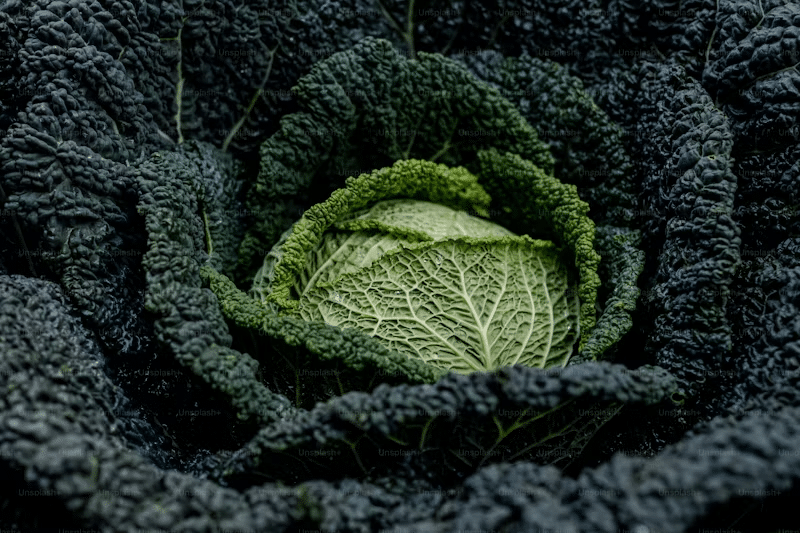
This category surprises many people, but melons such as cantaloupe, watermelon, and fruits cups include packaged fruits and vegetables salads. These fruits are susceptible to contamination due to:
The outer rinds of melons which contain miscreants such as Listeria.
Contamination enhance by unhygienic methods of picking and processing of fruits.
From 1973 and 2011 reported, there was thirty four melon related outbreaks of which forty six deaths were reported. Frozen and fresh berries also present the dangers associated with them as they have been and contributed to out bursting of hepatitis a and other viruses.
A Starch With Hidden Dangers: Rice
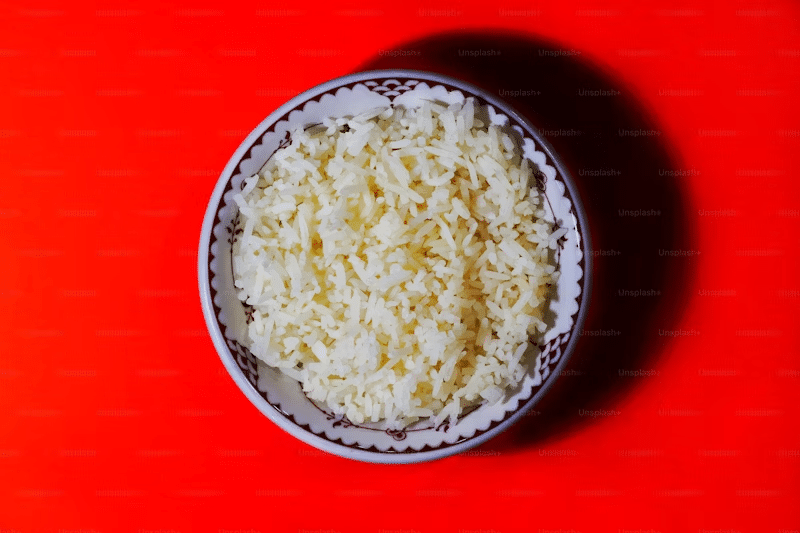
Rice can also cause food poisoning more especially when left exposed to room temperature. Bacillus cereus a bacterium that is found in uncooked rice can survive the cooking process and cause food poisoning. When rice is not properly cooked and preserved after being prepared, the spores can increase it causes sickness.
Prevention Tips for Rice:
Also do not let cooked rice cool to room temperature before refrigerating as this is a big no no.
It should be properly reheated before a consumer decides to take another round of it.
Deli Meats: A Recognizable Risk
Many deli products like ham, salami and the infamous hot dogs are therefore laden with their own set of risks as far as food safety is concerned. They can contain Listeria because it is a bacteria that grows at the cold temperatures. These meats can easily be infected during preparation or processing stages.
Safety Tips for Deli Meats:

This therefore goes further to mean that store deli meats should be properly stored in the refrigerator.
Consume after cooking or heating till they are well done.
Unpasteurized Dairy: A Significant Hazard

Uncultured milk and dairy products pose a special danger, with a three times increased risk of food illness compared to pasteurized products. Raw milk contains pathogenic bacteria such as Campylobacter and Salmonella which can cause dangerous illness. In fact, raw milk is much more likely to cause foodborne disease as it is 150 times more likely to cause an illness than pasteurized products.
Risks from the Sea: Seafood Safety
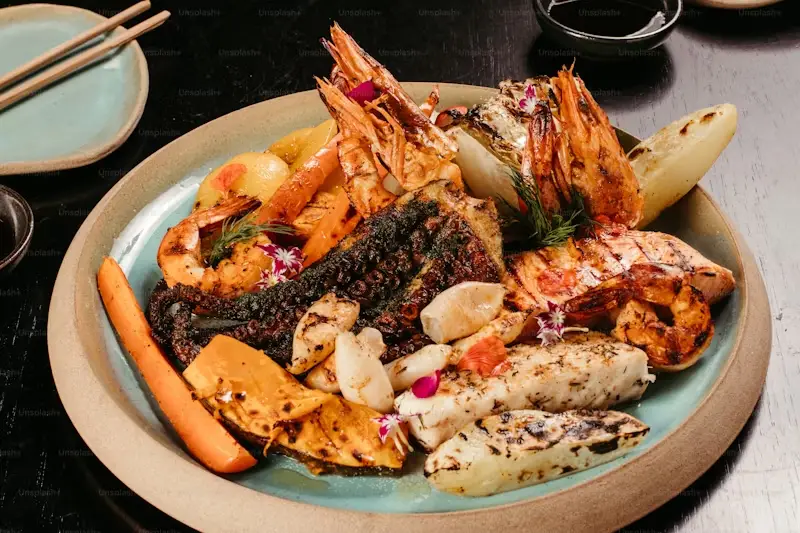
We can get sick from some types of food poisoning if the fish and shellfish are mishandled before cooking. Fish contains toxins that may cause scombroid poisoning when the fish is not stored properly. Some finite aquatic species like shellfish (oysters and muscles), are risky since the toxins from algae can contaminate them.
Seafood Safety Tips:
Many people store their seafood at improper temperatures, they should ensure that the temperatures are within the recommended range.
Always cook shellfish until they reach fully cooked condition before eating them.
Ways to Lower Your Risk of Getting Sick from Food and Water
While foodborne illnesses are a significant public health concern, there are several steps you can take to minimize your risk:
It is recommended to hand wash with soap before preparing any food.
Wash fruits and vegetables thoroughly for their consumption.
Always make sure to store your foods at the right temperature so that it doesn’t go bad.
Don’t expose raw meat and vegetables to common cutting board and utensils to avoid cross contamination.
